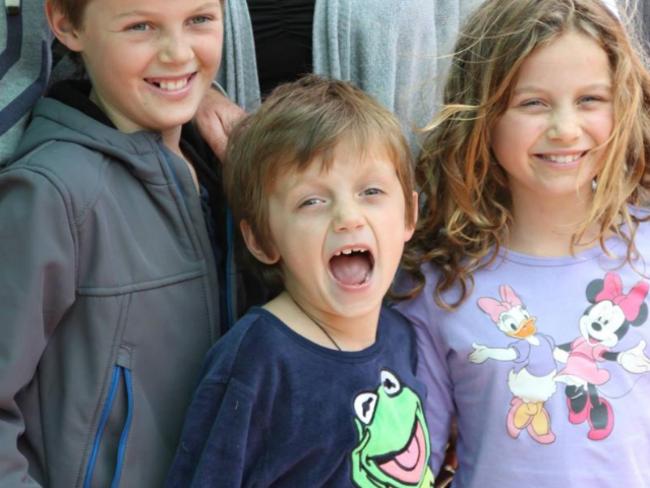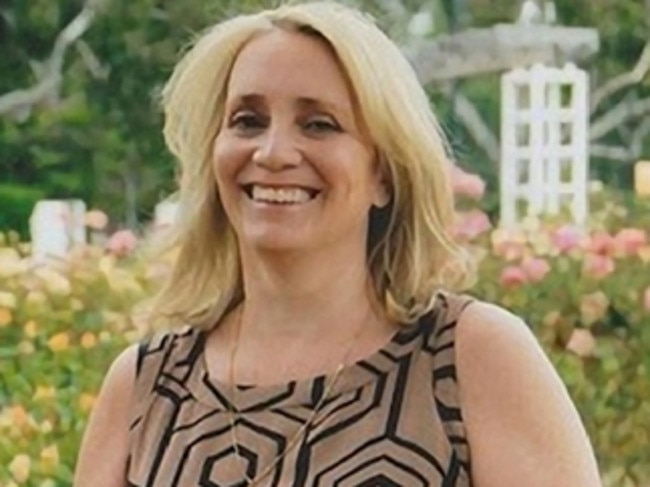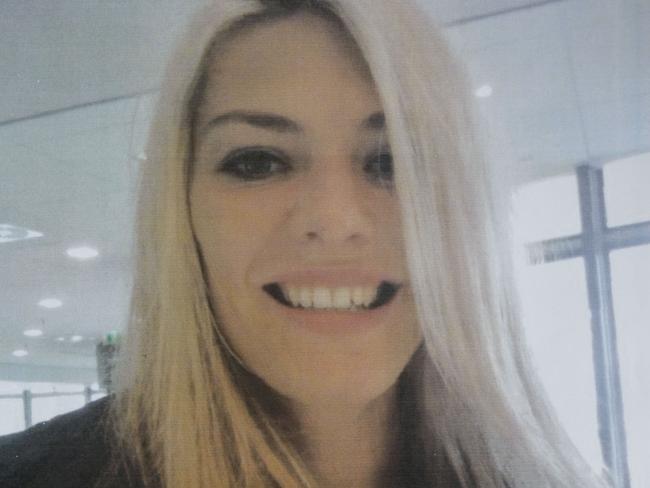Malaysia Airline Flight MH17 victims being exploited by scammers with fake Facebook tribute pages
AUSTRALIAN MH17 victims have become embroiled in a global internet scam, after fraudsters created fake Facebook tribute pages linked to dodgy pop-up ads.
VICTIMS of the MH17 disaster have become embroiled in a global internet scam after fraudsters created fake Facebook tribute pages linked to dodgy pop-up ads.
In an act of cruelty, online scammers have set up numerous fake Facebook pages in the names of Australian MH17 victims — deliberately built for the purpose of profit.
Each page contains a single link to a blog site, allegedly containing a video and more information on the MH17 crash.
Once clicked on by Facebook users, they are served a variety of pop-up ads for online gambling, dating, get-rich-quick schemes, and other products and services.
Three of the fake pages set up have targeted Otis, Evie and Mo Maslin, the young West Australian children who perished in the plane disaster in Ukraine.
HORRENDOUS: MH17 bodies moved to rail carriages
FINALLY: Putin breaks his silence over MH17 crash

Other Australian victims involved in the scam include Canberra woman Liliane Derden and Fatima Dyczynski, who was born in Germany but was on flight MH17 because she was moving to Perth.
International victims also include Quinn Lucas Schansman from the US, British-born Kiwi Rob Ayley, Malaysia Airlines pilot Eugene Choo Jin Leong and Richard Mayne, Ben Pocock and Liam Sweeney from the UK.

Online fraud experts have criticised the pages, saying they were inappropriate and it appears that some of them have been deleted from Facebook just hours after they started getting traction worldwide.
Distraught families who have seen the fake pages have expressed their concerns.
Relatives of Canberra victim Liliane Derden said the family had been told of the Facebook page by grieving friends, the Brisbane Times reports.

Carly Taylor, a close friend of Ms Derden, said they have deleted Ms Derden’s personal Facebook page to reduce confusion.
“We’re a little bit worried we don’t know who’s out there doing it and we’d prefer that they know the truth and people aren’t giving to charities or whatever the people are proposing to be,” Ms Taylor said.
Director of the University of Canberra’s Centre for Internet Safety Alastair MacGibbon said such click-fraud schemes were now common during major events or disasters.

He said they were “extremely lucrative” for criminal groups, who were rewarded with advertising or referral revenue for directing traffic to certain sites.
They also often infected computers with malware.
“Crooks are super-fast these days at picking up on anything that’s remotely topical, and working out how to monetise it from a criminal point of view,” he said.
“It’s a really distasteful trend.”



